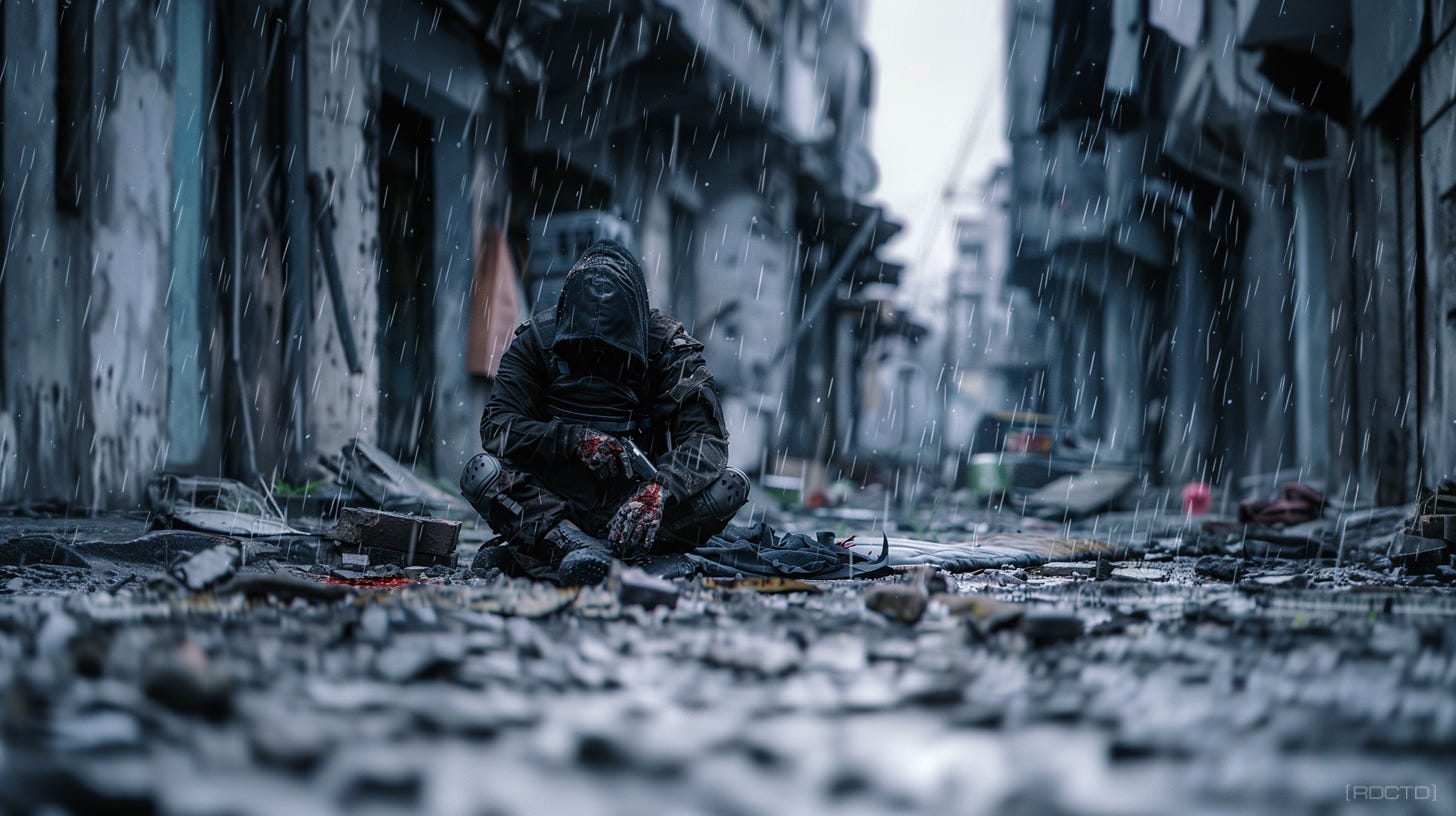The Value of Suffering as a Covert Operative
Suffering is an intrinsic part of life, yet for a covert operative, it holds unique value and purpose. The nature of covert operations demands an extraordinary level of resilience, mental fortitude, and adaptability.
Embracing suffering, rather than shunning it, can transform an operative into a more effective and prepared individual. Understanding and leveraging suffering can enhance one's ability to endure and overcome the myriad challenges encountered in the field, ultimately leading to greater mission success.
The first aspect to consider is the mental toughness developed through suffering. Covert operatives often face extreme stress, whether through prolonged isolation, physical exhaustion, or high-stakes environments. These experiences forge an unbreakable mental resilience. This mental fortitude is crucial for making sound decisions under pressure, maintaining composure during crises, and persisting despite seemingly insurmountable odds. By experiencing and overcoming suffering, operatives cultivate a mindset that can withstand the rigors of covert operations.
Physical endurance is another vital benefit derived from suffering. Grueling training regimes and the physical hardships encountered during missions push the body to its limits. This suffering is not merely a test of strength but a method of expanding one's physical capabilities. Operatives learn to function effectively despite fatigue, hunger, and pain. This endurance is essential for situations where physical performance directly impacts mission outcomes, such as evading capture, navigating hostile terrain, or engaging in close-quarter combat.
Suffering also teaches valuable lessons in adaptability and resourcefulness. Adversity often requires operatives to improvise and adapt on the fly. These situations highlight the importance of quick thinking and creativity. An operative who has faced and adapted to various forms of suffering is better equipped to handle unexpected challenges. This adaptability ensures that operatives can adjust their strategies and tactics as situations evolve, maintaining the upper hand in dynamic and unpredictable environments.
Embracing suffering not only prepares operatives for the harsh realities of their profession but also empowers them to excel in the most challenging circumstances, ensuring they remain steadfast and formidable in the face of adversity.



